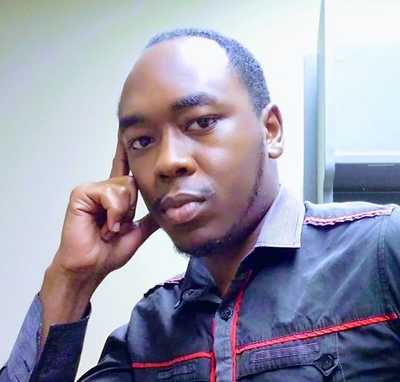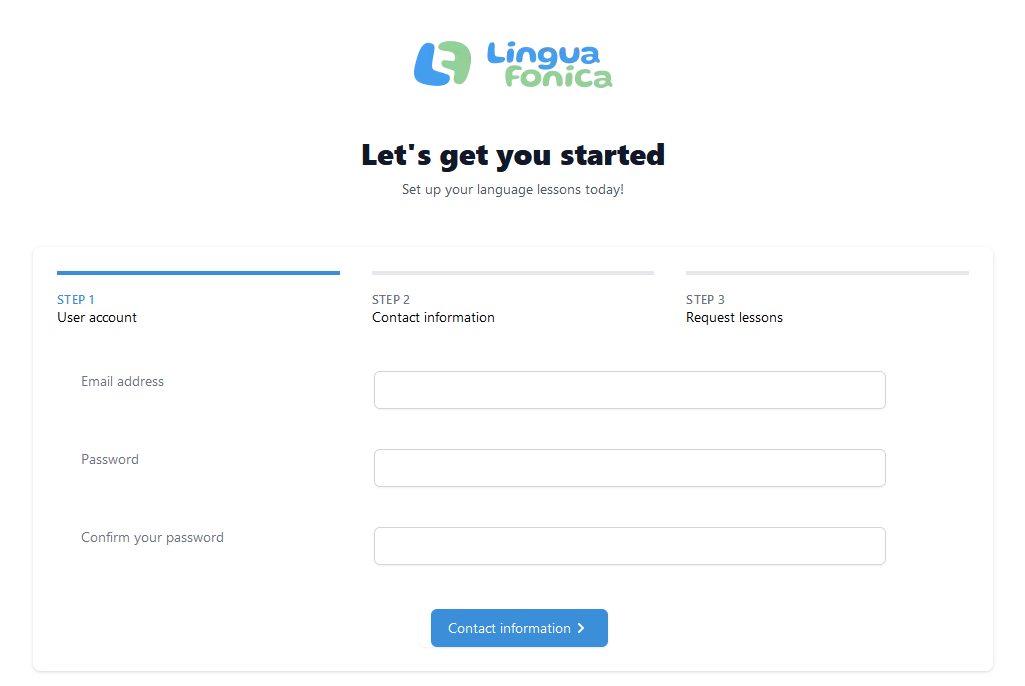Preparing to hike Mount Kilimanjaro? Some useful Swahili phrases!
May 19, 2022
Have you been preparing to hike Mount Kilimanjaro? You may have planned a trip to Mt. Kilimanjaro in Tanzania or Maasai Mara in Kenya for safari but never had time to get Swahili lessons. Or maybe this is a last-minute trip. You’ve packed and booked your air ticket and hotels but one thing is now worrying you–the language. Do I have enough time to learn Swahili? If that’s your biggest worry, we have that sorted for you. Below are some useful Swahili phrases that will literally get you past the gates of Mt. Kilimanjaro.
Hujambo – Hi/hello
This is the most important word that you need to learn in Swahili. Just like in most cultures, the Swahili culture values greetings. It is the gateway to any help that you may require. A simple Hujambo (hello) with a smile will melt any heart and make them ready to listen. In case you’re saying hello to more than one person you should say hamjambo, which loosely translates to “hello everyone.”
Sijambo - I Am Fine
Sijambo is the response to Hujambo (hello). This simply means that you don’t have any issues–you are fine. This greeting is somewhat formal, but universal nonetheless.
Habari yako? - How are you doing?
Most people use this greeting because it is simple and does not specify the time of the greeting. It is less formal compared to hujambo. Another greeting that you may hear people use is “mambo vipi" (how is it going), to which the standard answer is “poa” (fine). This greeting is informal; therefore you will hear most people use it everywhere from the airport to your hotel, and yes, even on your climb to Mt. Kilimanjaro.
Nzuri (sana) - Fine (sana is very)
This is how you will answer most of the greetings, especially those that have habari…(hi). Some people will specify the time of day in their greetings, for example “Habari za asubuhi” (Good morning). Don’t let this intimidate you. The answer is still “nzuri” (fine) or you can add the word “sana” (very) to indicate that you are very well.
Unaitwaje? - What is Your Name?
This is a very important phrase to know. Most people will want to know your name, so will ask this. You might also want to learn people’s names, and now you can use it yourself. “Unaitwaje” is one word that carries within it a whole sentence. This makes it easy to remember and shortens your Swahili learning time. Some people may use the longer version “jina lako nani” (what is your name?).
Ninaitwa... - My Name Is...
When someone asks you “unaitwaje” (what is your name), the response is “Ninaitwa…” (my name is…). If they asked the equivalent “jina lako nani,” the answer becomes “jina langu ni…,” though “Ninaitwa…” can also be used in this case.
Na wewe je? (What about you?)
This is an important phrase to have in your Swahili repertoire. If someone asks, “unaitwaje?” (What is your name?) and you answer them, the polite thing to do would be to reciprocate and ask their name in return. The most common way to do it is to say “Na wewe je?” or “What about you?”
Unatoka Wapi? (Where are you from?)
The next thing that follows greetings is “unatoka wapi?” (where are you from?). Answering this question may help the person asking to quickly understand that you are not from Tanzania or Kenya and thus take it easy on you with the amount and complexity of Swahili that they will use with you.
Natoka... (I'm From...)
This would be your response to the above question, “unatoka wapi?” (Where are you from?) You would therefore say “natoka America” (I am from America), for example. You can then throw it back to them by using the phrase we learned above in number 7, “na wewe je?” (What about you?).
Asante (sana) – (Thank You)
This is the most important word you will need to know before taking that journey to East Africa. You will need this word for almost all your interactions. When somebody offers to help with your bags, your driver, your tour guide, interactions with restaurant staff will require the word “asante” (Thank you) or “asanteni” (thank you to one person). You can add sana as in “asante sana” or “asanteni sana” (thank you very much) if you feel that you got the best service or help.
Nafurahi Kukuona (Nice To Meet You)
You may need to use this phrase to show your excitement after meeting someone for the first time or when you meet someone that you had met before. Say “nafurahi kukuona” to someone and see their face shine with joy because that’s the power that the phrase holds.
Kwa Heri (Goodbye)
You meet someone; say your “hujambo” (hello) and get to know each other; then when leaving you have to say “kwa heri” (goodbye) to indicate that you're parting. This phrase normally goes with the gesture of opening your hand and waving from left to right a few times.
Ndiyo/Naam- (Yes)
“Ndiyo” means yes. Most people normally use this word while nodding to show the affirmative of what is being asked. Some English-speaking people learning Swahili take time to pronounce the consonant sound /nd/ in ndiyo so “Naam” is an easier alternative to mean the same thing, which is “yes.”
Hapana/La (No)
The opposite of “Ndiyo” or “Naam” (Yes) is “hapana” or simply “la,” meaning no. “Hapana” is used by most people, but “la” (no) is for those that are (or want to sound) sophisticated.
Naomba… (Please help me with…)
If you need to ask for help or for any item, the phrase to use is “naomba…” (Please help me with…). For example, you can say “naomba maji ya kunywa” (May I please have drinking water?) or even “naomba kupita” (May I please get through?). “Naomba” is very polite and encompasses East African culture which tends to be polite and respectful.
Other basic words and phrases that will help with preparing to hike Mount Kilimanjaro are, “unasemaje …katika Kiswahili?” ( How do you say__in Kiswahili), “Nitafikaje…” (How will I get to…), “karibu” (welcome), “gari” (vehicle), “chakula” (food), “wanyama wa pori” (wild animals), “mkahawa” (restaurant), “nauli ni ngapi?” (how much is the fare?), and “lala salama” (good night). The words and the ones discussed above should be able to get you around East Africa until you can sign up for lessons with Lingua Fonica that will enable you to conduct a meaningful conversation in Swahili. Now you have finished reading this article, you better get back to preparing to hike Mount Kilimanjaro!
Written By

Kimathi
Kimathi got his education degree to teach Swahili at the University of Nairobi and taught Swahili language and literature at a high school there for three years before coming to the US for graduate studies. He has worked as a translator and editor for the last few years as well as teaching Swahili language and African cultural studies classes at the University of Wisconsin, Madison.
Ready to begin your journey?Schedule your first lesson now

